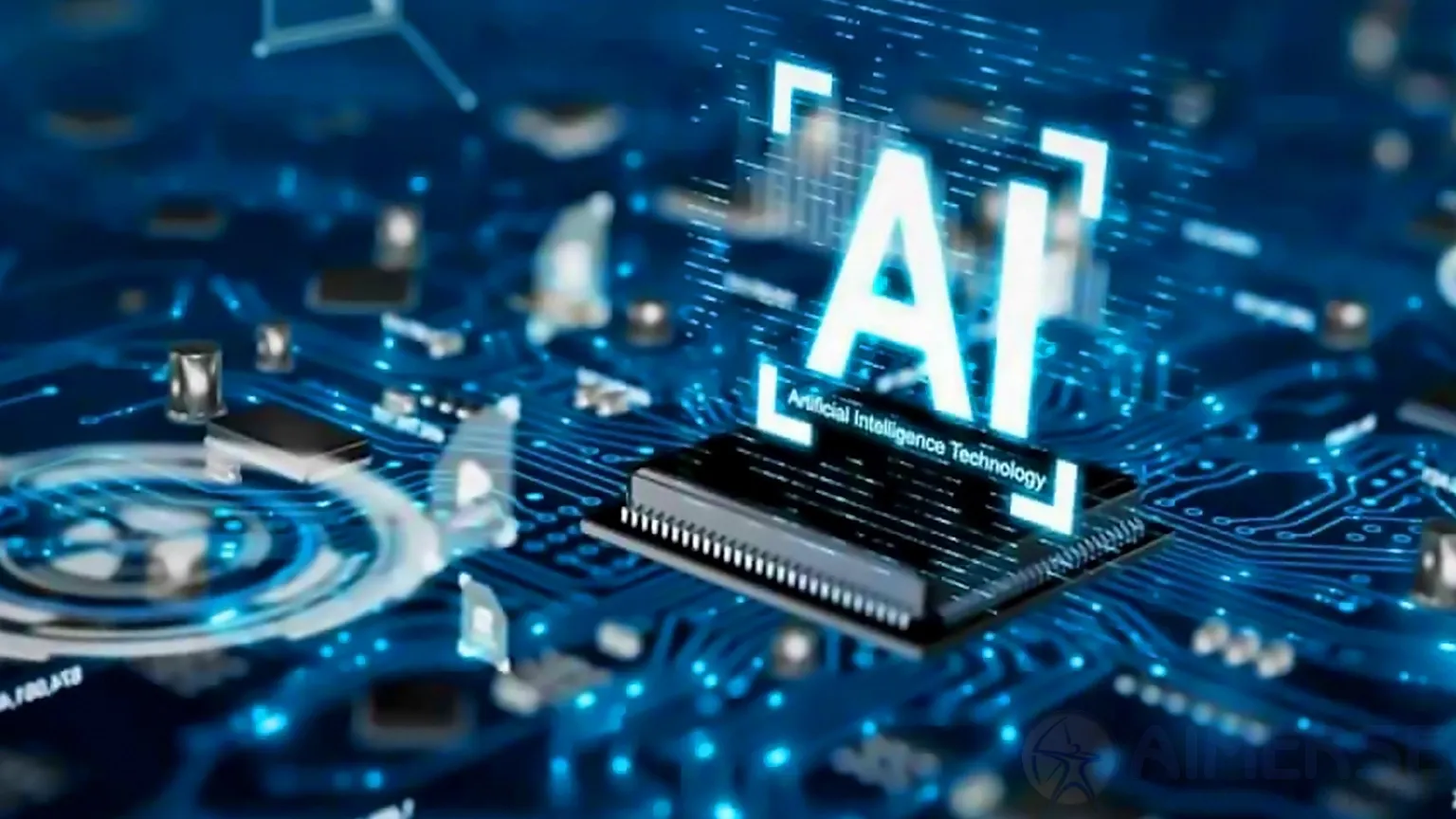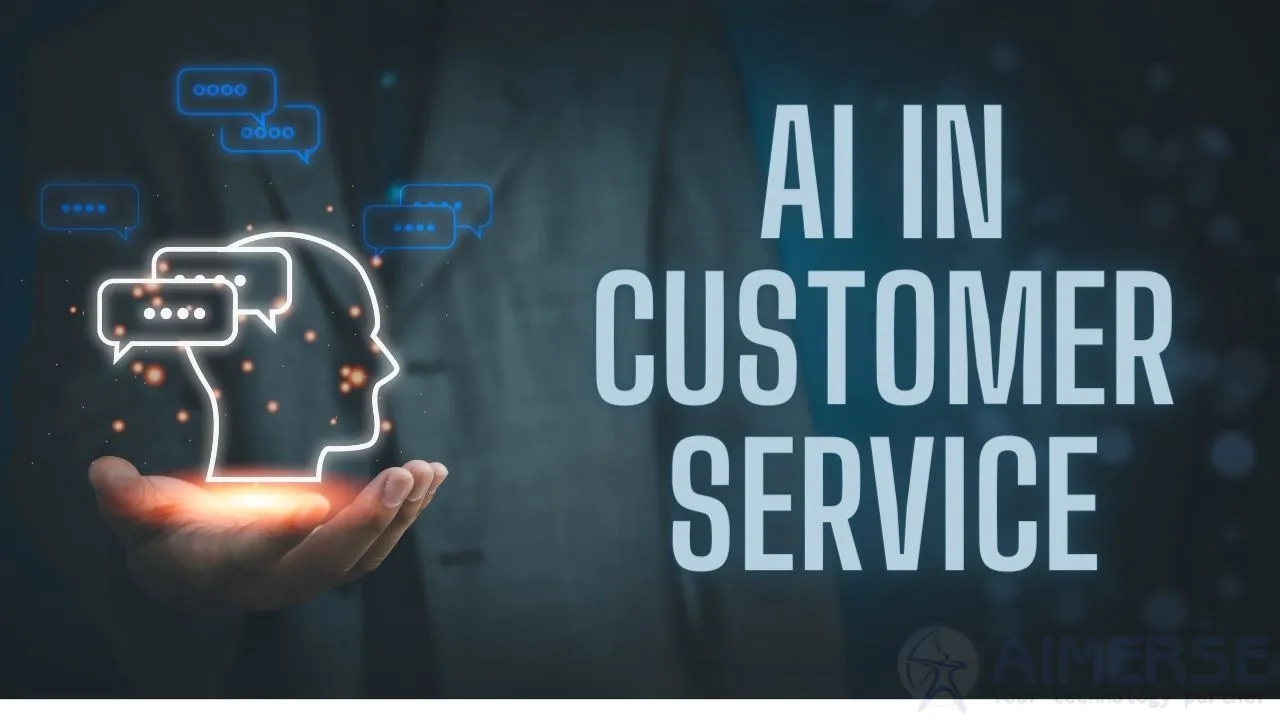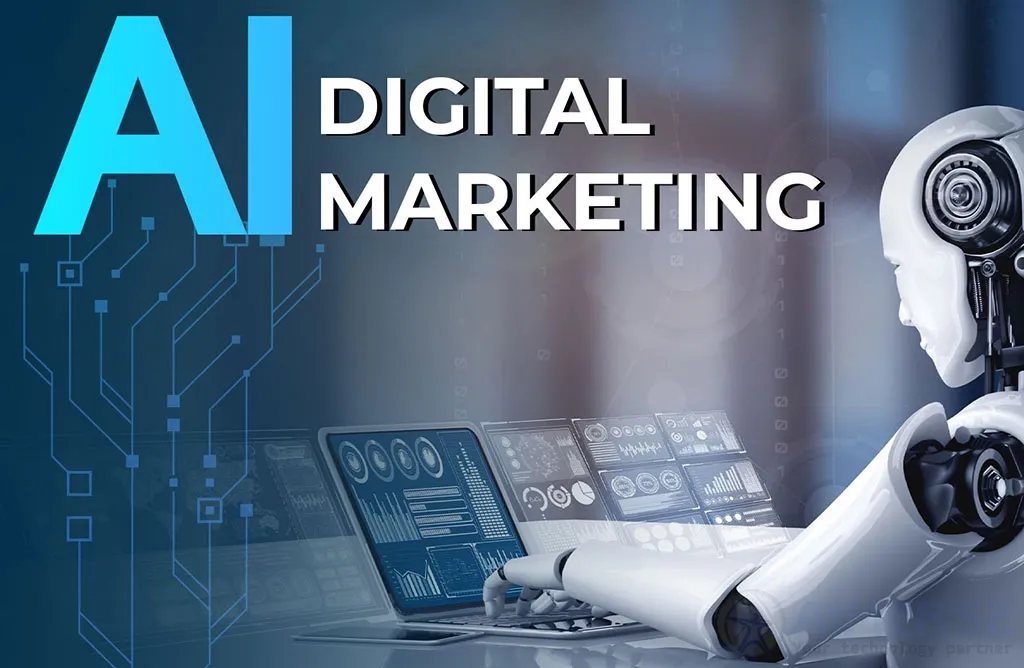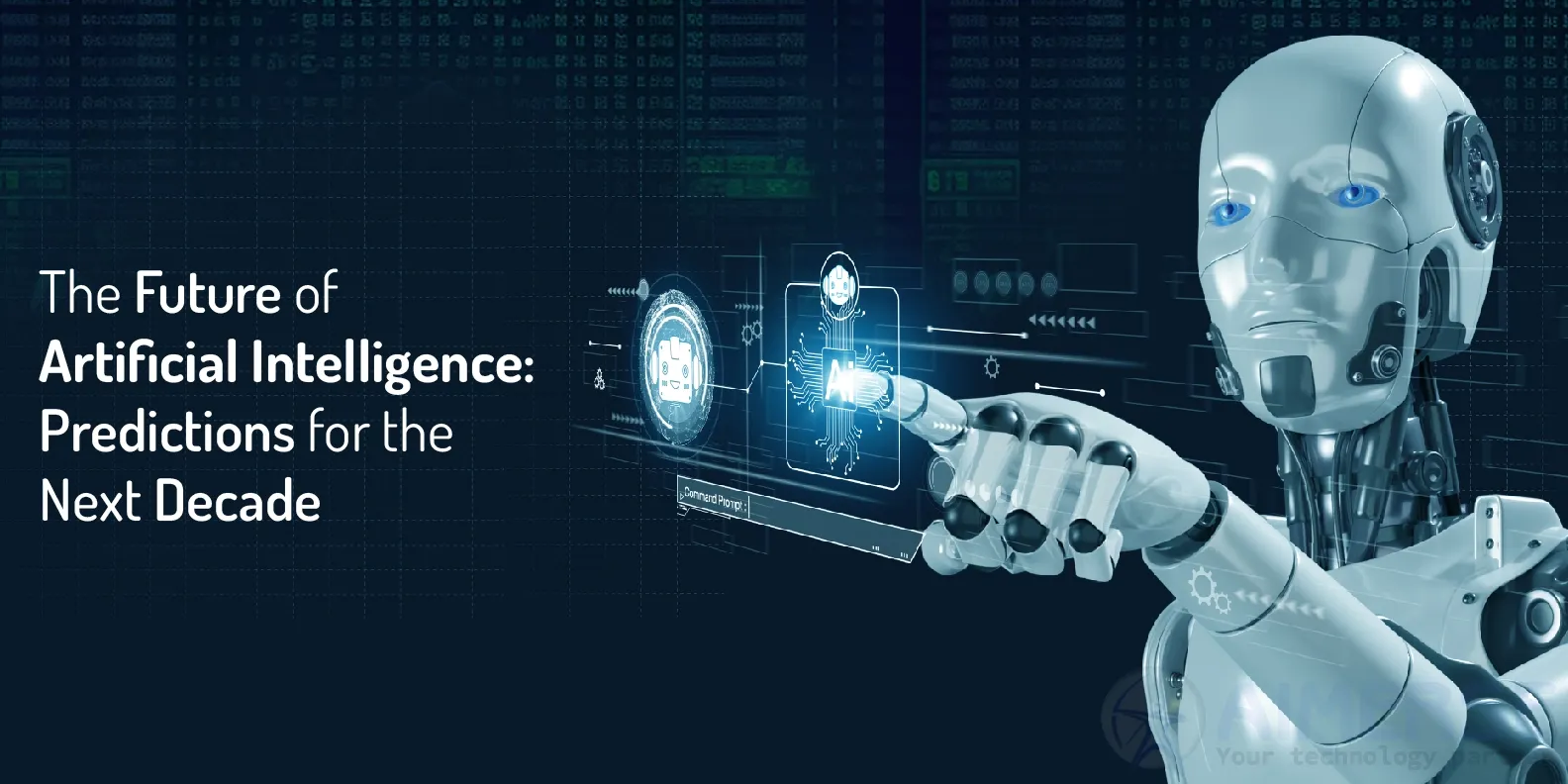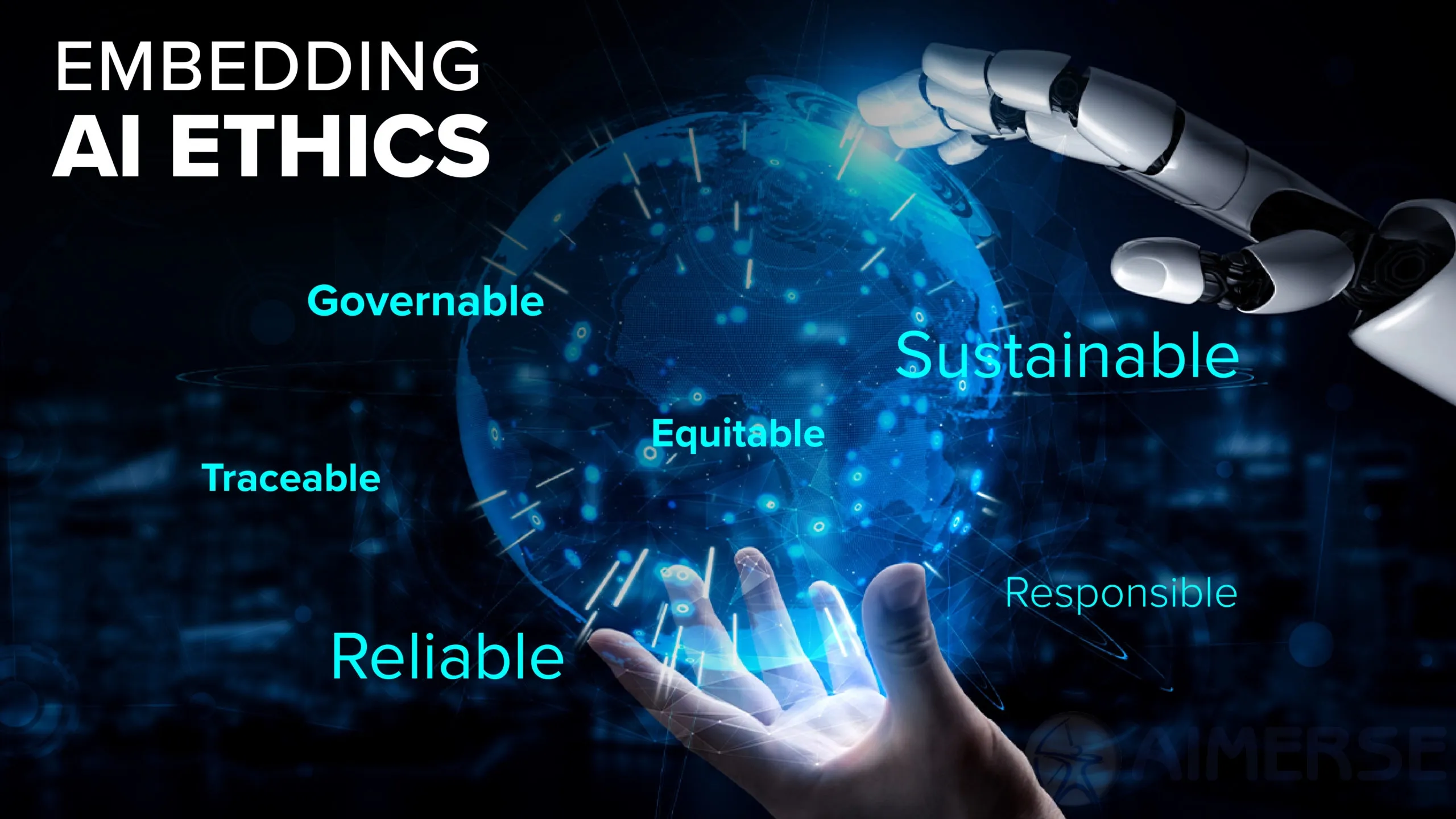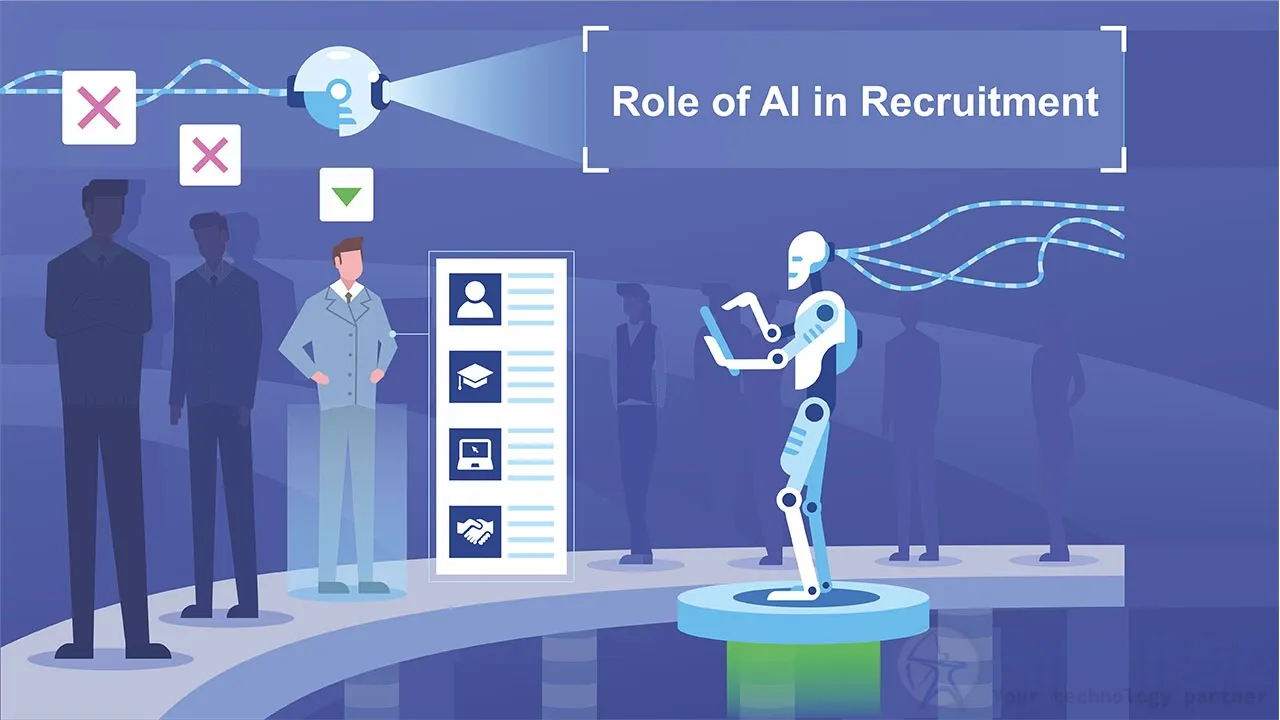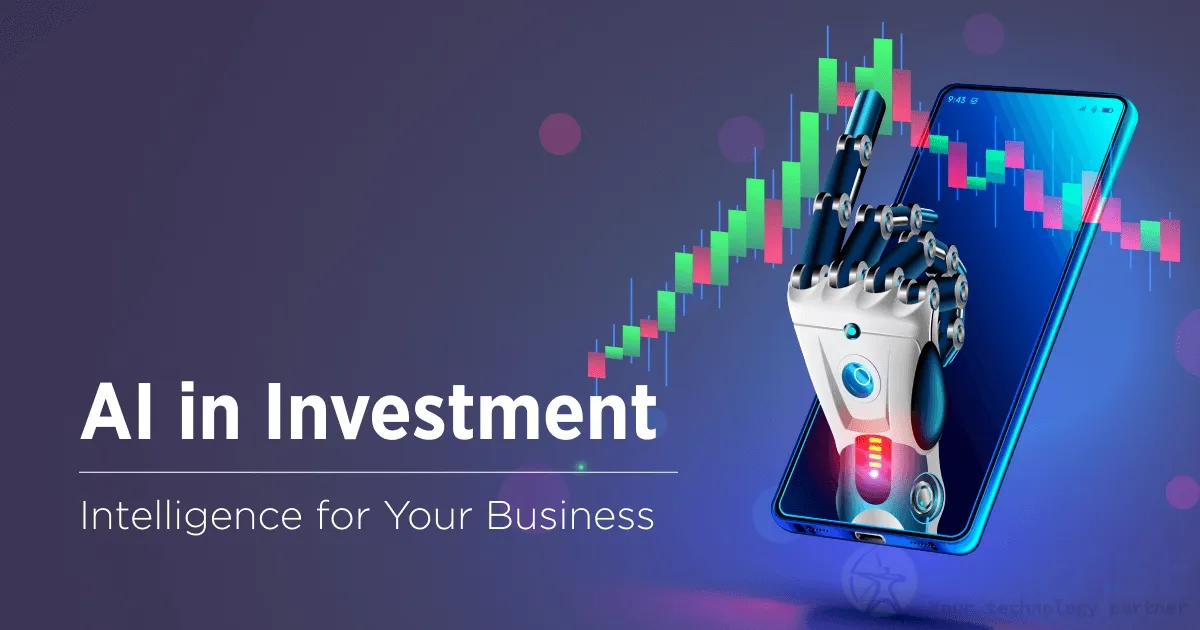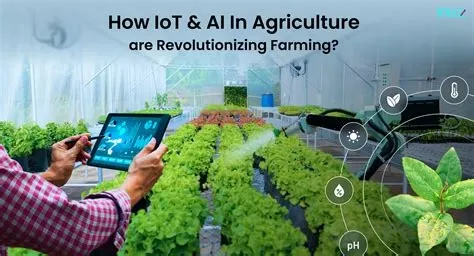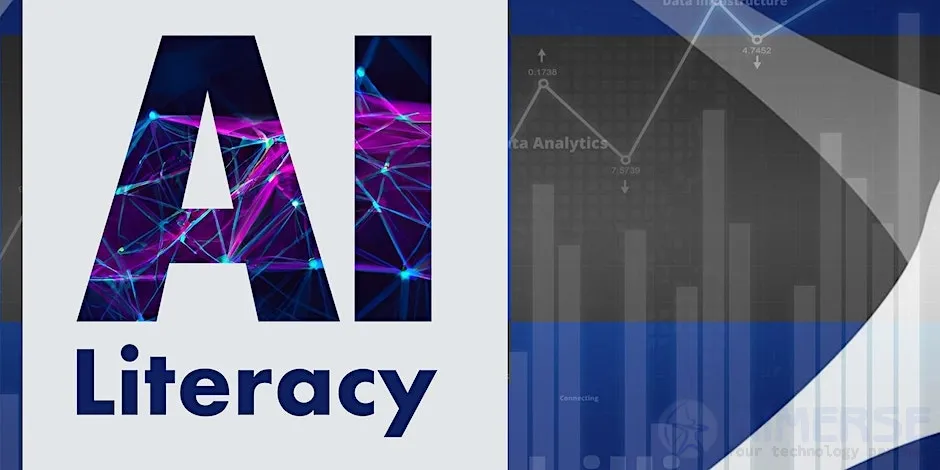Hardware Innovations: The Backbone of AI Advancements
Exponential development in AI has revolutionized industries and transformed the routine affairs of human lives. While it remains to focus on algorithms within the software, the hardware was no less critical to what had been achieved through AI. The hardware innovations today provide a basis for the growth of AI, in the provision of computing powers and efficiency.
History of AI Hardware
In the early stages, AI computations were based on the same principles as that of traditional CPUs. However, special-purpose hardware emerged to be in great demand, with the increasing complexities of AI models. That is when GPUs appeared since they support parallel processing, well-suited for large-scale activity in AI. Furthermore, ASICs and FPGAs optimized AI workloads further and made solution-specific traffic even more application-type-specific.
Innovations That Keep AI Advancing
- Modular Chip Design: The future of computing is in modular systems, including CPUs, GPUs, AI accelerators, and special chips. It can accommodate workloads for different types of AI systems, as modular design will support flexibility and scalability.
- Energy Efficiency: The complexity of the AI models has made it such that energy consumption in computation has been growing. Innovation in chip design has been in the reduction of power while increasing performance; thus, the balance between power and performance ensures sustainable AI development.
- Specialized AI Accelerators: Specialized AI accelerators are what companies are coming up with, which can solve specific tasks in a way that is more efficient than general-purpose hardware. Such accelerators are specifically designed to make performance better in specific AI applications, and it is faster and much more efficient.
Impact on AI Development
Hardware innovations have gone a long way in impacting AI development:
- Faster Training Time: Application-specific and modular solutions of high-end hardware reduce the training time for complex AI models. That ultimately helps with acceleration in the development cycle.
- Scalability: Modular application-specific hardware solutions support scalable AI applications, allowing increasing data and processing needs.
- Real-time Processing: Faster hardware supports better real-time data processing wherein applications like autonomous vehicles require such support, analytics in real-time, etc.
With more advancements in AI, hardware and software will collaborate with each other. Further research and development regarding hardware-related issues will further propel more advanced applications of AI because technology is going to be an increasingly integral part of people's daily lives.
Aimerse Technologies believes that cutting-edge hardware can help optimize AI applications to their full potential. This means that our capability in custom software development can leverage the hardware breakthroughs because of the technologies we use, which include React.js, Node.js, Python Django, Laravel, and Java Spring Boot. As such, with our focus on innovations in hardware, we can assist our clients in deploying innovative AI solutions that are efficient, scalable, and future-oriented.
